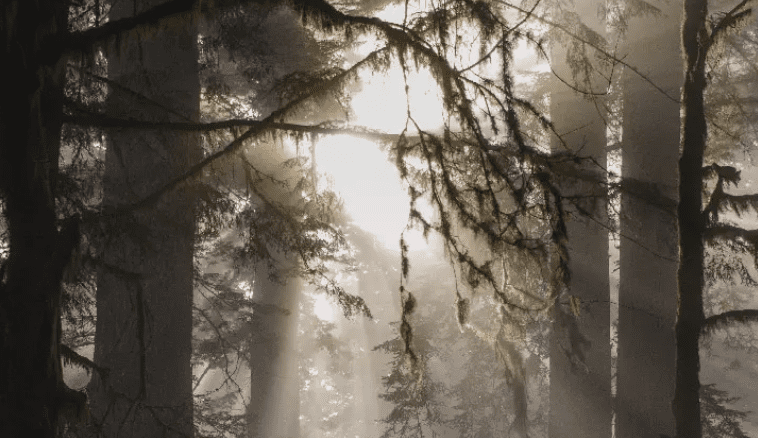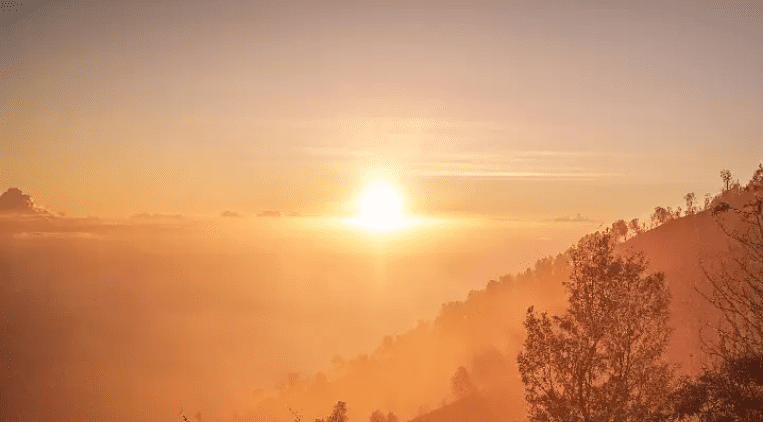
Your work, O Lord, do I fear. In the midst of the years revive it; in the midst of the years make it known … Though the fig tree should not blossom, nor fruit be on the vines, the produce of the olive fail and the fields yield no food, the flock be cut off from the fold and there be no herd in the stalls, yet I will rejoice in the Lord; I will take joy in the God of my salvation. – Habakkuk 3:2, Habakkuk 3:17-18
No matter how committed to God we consider ourselves to be, Habakkuk’s prayer in these verses is probably not what springs to our minds when we are faced with terrible circumstances, as he was. But his prayer was not for himself alone! Indeed, it was to be accompanied by a choir and instruments and prayed by God’s people (Habakkuk 3:19).
Habakkuk was imagining a situation that would amount to great devastation for an agricultural society. No fruit, produce, yields, flocks, or herds meant a completely broken economy and a chronic shortage of food. Yet Habakkuk says that even if confronted with that scenario, our greatest concern should be neither pestilence nor plague but that the work of God would be revived. Ultimately, Habakkuk said he would be found singing, trusting the sovereign work of the Lord. The God of salvation was all he needed for joy (Habakkuk 3:18).
How is Habakkuk able to say, and pray, this? Throughout his prayer, the prophet also recounts God’s great works throughout history (Habakkuk 3:3-16). These serve as a reminder to him that God is sovereign, God is good, and God is always to be trusted. Even the darkest of days gives way to the dawn in God’s sovereign purposes; and though the dawn sometimes tarries, it does not fail to arrive. Habakkuk knows that God saves His people, and that is sufficient cause for joy. And it is the same for us. God’s dealings and deliverance of His people through the Old Testament foreshadow His ultimate deliverance in Jesus. It is in Jesus’ life, death, and resurrection that God remembers mercy in wrath and the believer is safely brought through death to life. We’re not exempt from calamity—but because of God’s great work, we can still rejoice. The dawn of salvation will come, however dark the moment.
As we consider Habakkuk’s prayerful song, we should ask ourselves two questions: Am I as concerned as the prophet for the reviving and fulfillment of God’s work? And is God alone sufficient for me? May the prayer of the prophet become yours as you seek to further God’s purposes among His people in this time. And when the world appears to crumble around you, you can still find joy in the God of your salvation. By faith you can sing:
’Tis what I know of Thee, my Lord and God,
Horatius Bonar, “Not What I Am, O Lord” (1861).
That fills my soul with peace, my lips with song;
Thou art my health, my joy, my staff and rod;
Leaning on Thee, in weakness I am strong.











